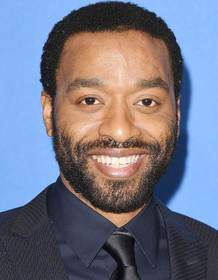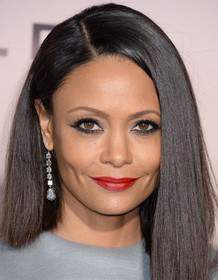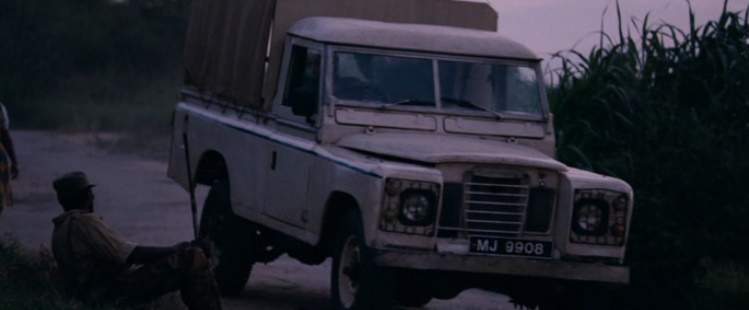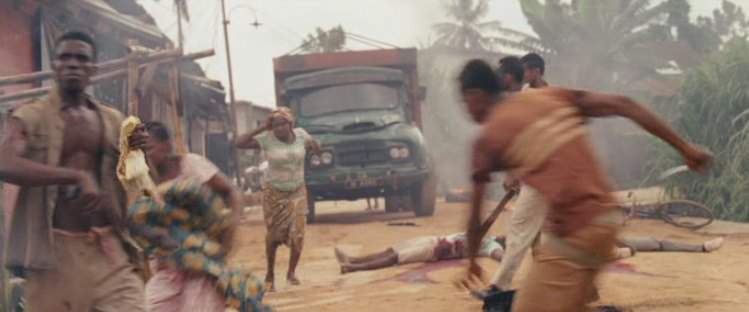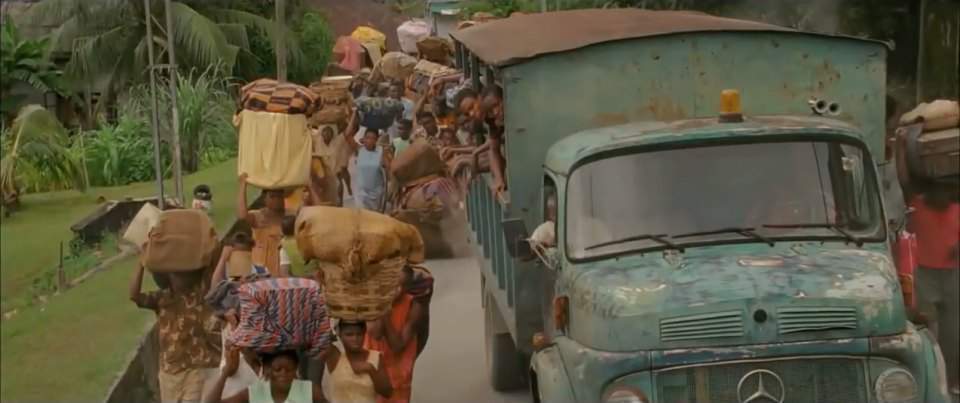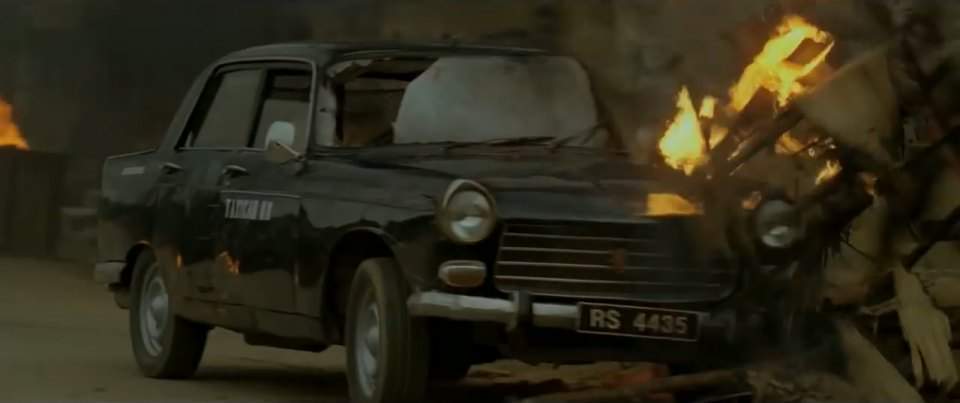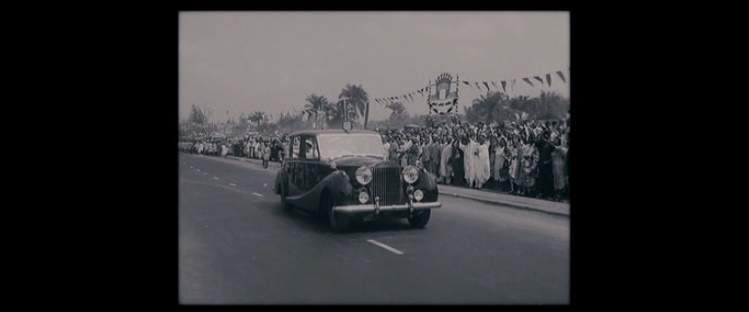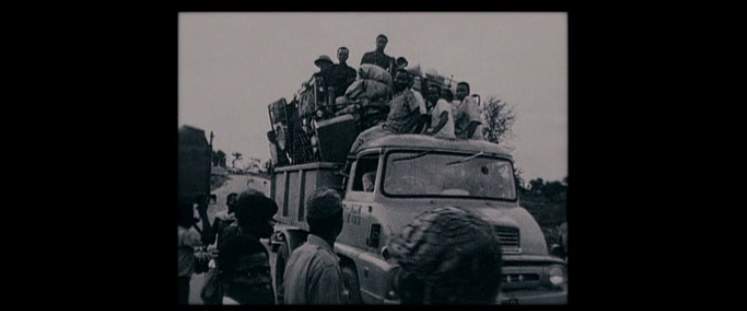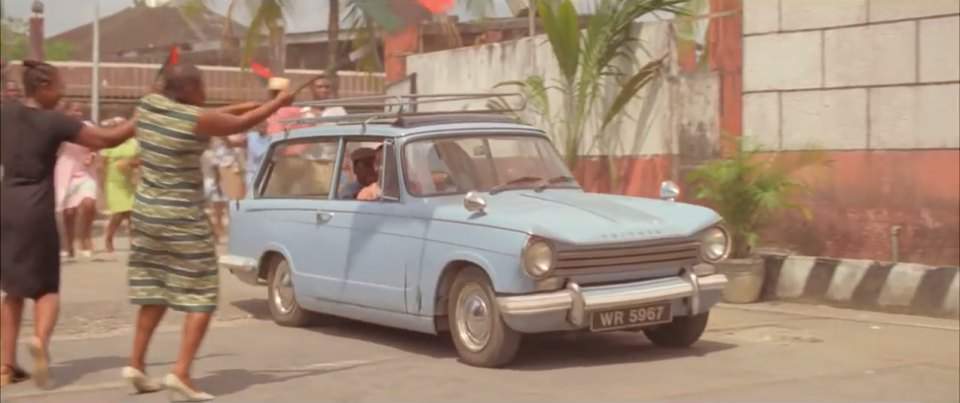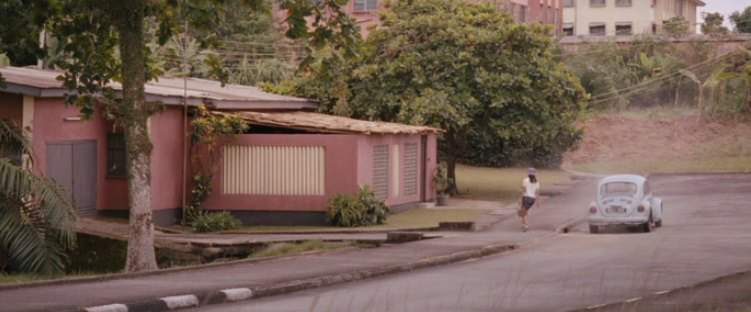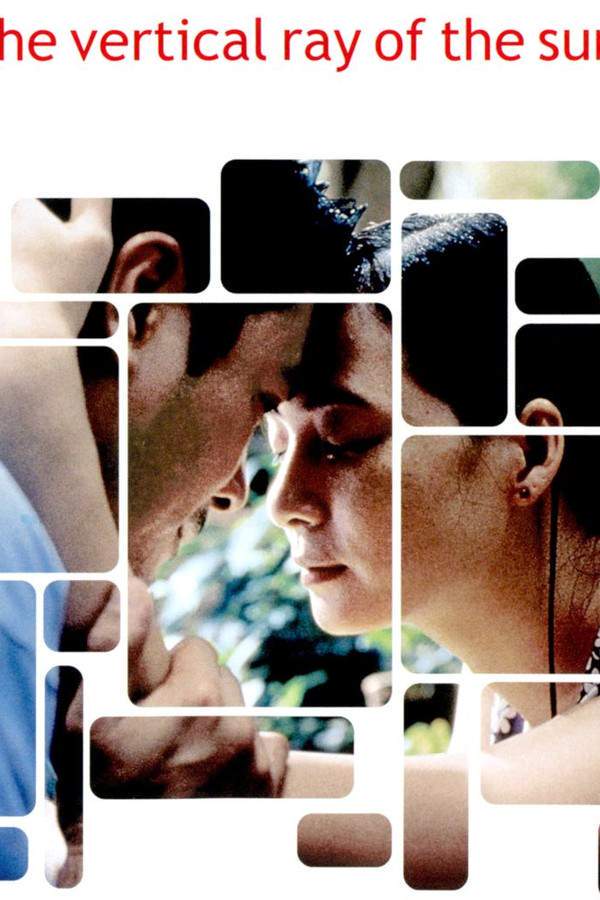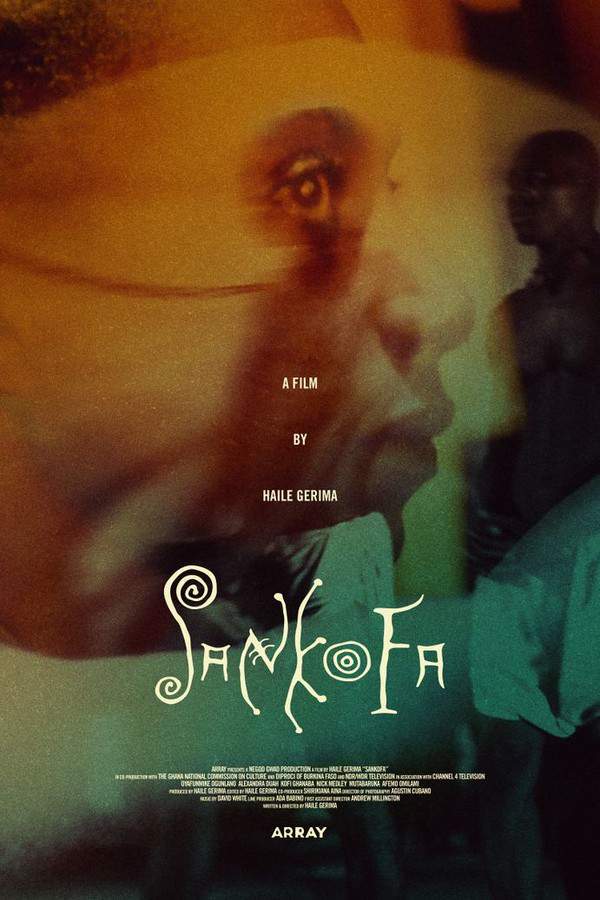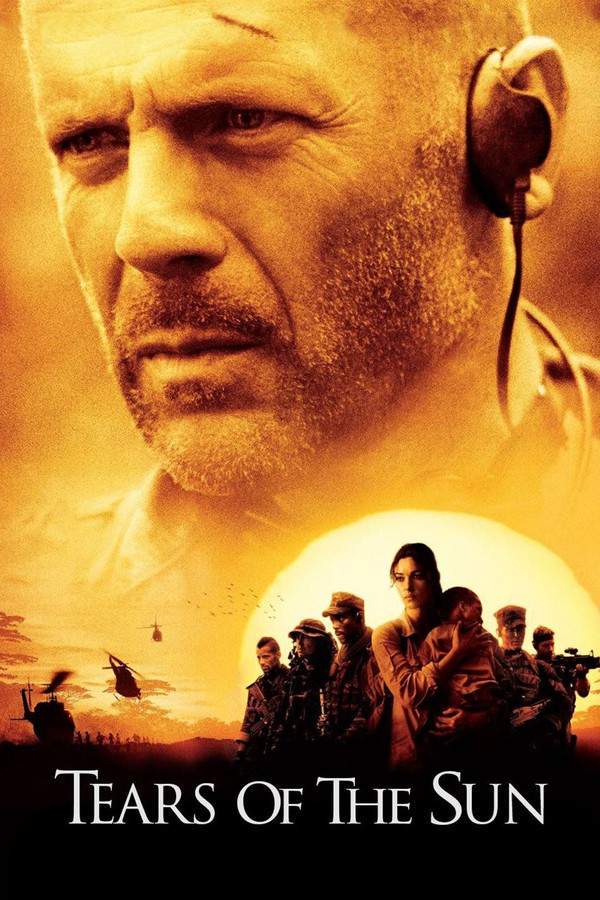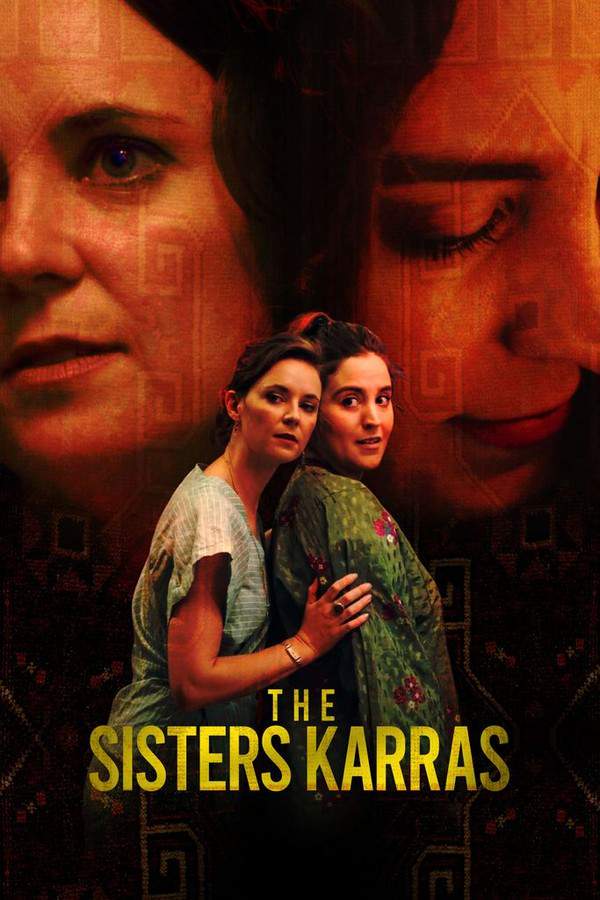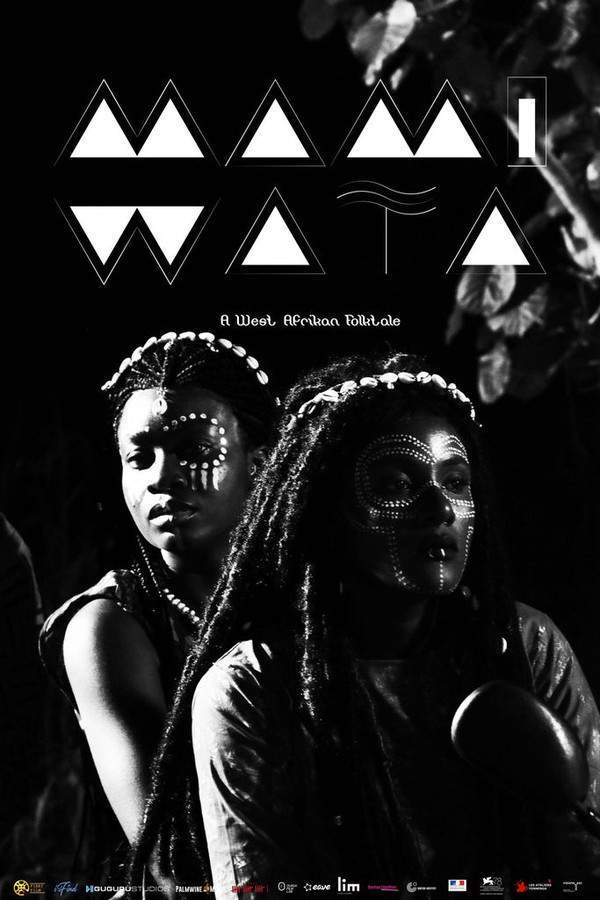Half of a Yellow Sun 2014
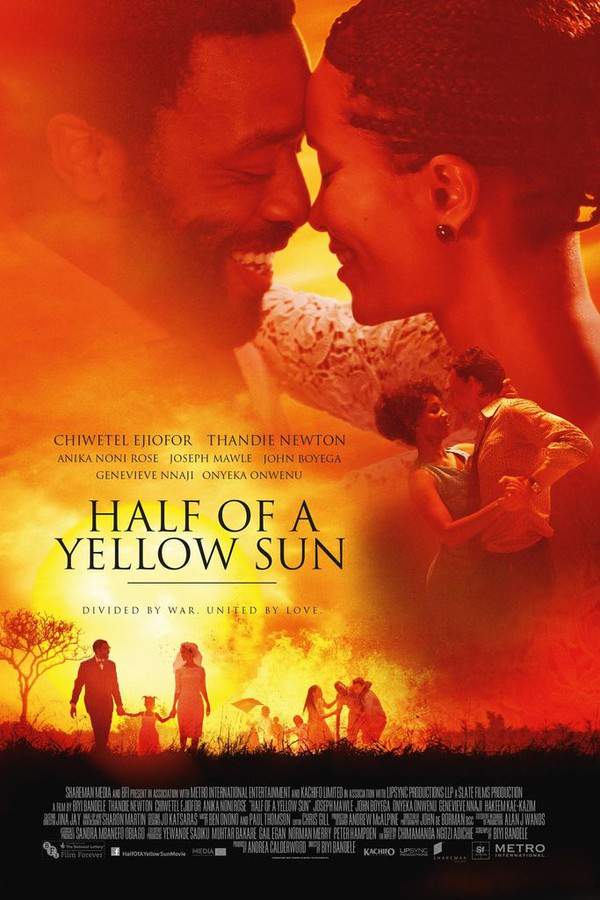
In 1960s Nigeria, affluent twin sisters Olanna and Kainene find their lives disrupted by complex relationships and family obligations. They are entangled in love and face a painful betrayal that tests their close bond. As political tensions escalate, the outbreak of the Nigerian civil war shatters their world, forcing them to confront the harsh realities of war, the struggle for independence, and the profound impact of political conflict on their lives and nation.
Does Half of a Yellow Sun have end credit scenes?
No!
Half of a Yellow Sun does not have end credit scenes. You can leave when the credits roll.
Meet the Full Cast and Actors of Half of a Yellow Sun
Explore the complete cast of Half of a Yellow Sun, including both lead and supporting actors. Learn who plays each character, discover their past roles and achievements, and find out what makes this ensemble cast stand out in the world of film and television.
External Links and Streaming Options
Discover where to watch Half of a Yellow Sun online, including streaming platforms, rental options, and official sources. Compare reviews, ratings, and in-depth movie information across sites like IMDb, TMDb, Wikipedia or Rotten Tomatoes.
Ratings and Reviews for Half of a Yellow Sun
See how Half of a Yellow Sun is rated across major platforms like IMDb, Metacritic, and TMDb. Compare audience scores and critic reviews to understand where Half of a Yellow Sun stands among top-rated movies in its genre.

51
Metascore
6.2
User Score


50%
TOMATOMETER

36%
User Score

6.1 /10
IMDb Rating

49
%
User Score

0.00/5
Take the Ultimate Half of a Yellow Sun Movie Quiz
Challenge your knowledge of Half of a Yellow Sun with this fun and interactive movie quiz. Test yourself on key plot points, iconic characters, hidden details, and memorable moments to see how well you really know the film.
Half of a Yellow Sun Quiz: Test your knowledge about the film Half of a Yellow Sun and its characters set against the backdrop of the Nigerian Civil War.
What year does the movie begin, marking Nigerian Independence?
1955
1960
1970
1980
Show hint
Full Plot Summary and Ending Explained for Half of a Yellow Sun
Read the complete plot summary of Half of a Yellow Sun, including all major events, twists, and the full ending explained in detail. Explore key characters, themes, hidden meanings, and everything you need to understand the story from beginning to end.
Half of a Yellow Sun opens on the historic day of Nigerian Independence on October 1, 1960, and trails the lives of its characters through the tumultuous end of the Nigerian Civil War in 1970. The film artfully weaves together historical archival footage, showcasing the dramatic political landscape of Nigeria during this period.
The story follows twin sisters Olanna and Kainene, who, after completing their studies in the United Kingdom and the United States, return to their homeland. They come from a prominent family, with their father being the Igbo Chief Ozobia (played by Zack Orji), a wealthy businessman with significant holdings in Port Harcourt. Olanna, spurning the advances of Finance Minister Festus Okotie-Eboh, chooses instead to live with her passionate lover, the revolutionary professor Odenigbo (portrayed by Chiwetel Ejiofor), who teaches at a university in Nsukka. Meanwhile, Kainene ventures into the business world, taking control of the family assets and eventually falling in love with Richard Churchill (Joseph Mawle), a writer from England.
At Nsukka University, Olanna takes up a sociology lecturing position, where she forms a friendship with Odenigbo’s houseboy, Ugwu (John Boyega). However, not all relationships flourish; Olanna faces distrust from Odenigbo’s mother, known as “Mama” (Onyeka Onwenu), who sees Olanna as an outsider and even a witch. Determined to disrupt their relationship, “Mama” employs manipulation and alcohol to sway Odenigbo, causing strife as she arranges a liaison between her servant Amala (Susan Wokoma) and her son. Facing emotional turmoil, Olanna considers leaving, but is encouraged by her Aunt Ifeka (Gloria Young) to stay and work through the challenges.
After a brief affair with Richard, Olanna and Odenigbo reconcile and take on the responsibility of raising Amala’s infant, named Chiamaka but affectionately called “Baby.” However, as tensions rise leading to civil war, Richard returns to London but is soon entangled in the chaos, witnessing horrific violence against the Igbo people. Olanna, too, struggles for survival during a race riot and subsequently evacuates her family to Abba in Biafra. Ultimately, she decides to stay in Nigeria and commit to Odenigbo by marrying him.
When Biafra proclaims independence, Richard re-emerges to assist Kainene, who has taken to wartime profiteering. As violence escalates, Olanna and her family find refuge in Umuahia but narrowly escape death during a bombing raid at their wedding. The conflict displaces them further, culminating in a refugee camp, where Olanna reunites with Kainene, who is now surprisingly devoted to aiding the community.
As resources dwindle, Kainene bravely ventures into war-torn Nigerian territory to barter for supplies despite Odenigbo’s protests. Days turn into despair as she remains missing; meanwhile, Olanna and Richard strive to locate her but to no avail. They take solace in the return of Ugwu, who survived the brutal war. Following Biafra’s defeat, Richard persists in his search for Kainene, while Olanna, Odenigbo, Ugwu, and “Baby” focus on rebuilding their lives.
In the end, a postscript reveals the haunting truth that Kainene was never found while Richard relocated to Nsukka. Olanna and Odenigbo maintain their marriage for nearly fifty years, and Ugwu blossoms into a writer, while their daughter, Chiamaka (also known as “Baby”), realizes her dream of becoming a medical doctor.
Uncover the Details: Timeline, Characters, Themes, and Beyond!

Coming soon on iOS and Android
The Plot Explained Mobile App
From blockbusters to hidden gems — dive into movie stories anytime, anywhere. Save your favorites, discover plots faster, and never miss a twist again.
Sign up to be the first to know when we launch. Your email stays private — always.
Watch Trailers, Clips & Behind-the-Scenes for Half of a Yellow Sun
Watch official trailers, exclusive clips, cast interviews, and behind-the-scenes footage from Half of a Yellow Sun. Dive deeper into the making of the film, its standout moments, and key production insights.
Cars Featured in Half of a Yellow Sun
Explore all cars featured in Half of a Yellow Sun, including their makes, models, scenes they appear in, and their significance to the plot. A must-read for car enthusiasts and movie buffs alike.
Half of a Yellow Sun Themes and Keywords
Discover the central themes, ideas, and keywords that define the movie’s story, tone, and message. Analyze the film’s deeper meanings, genre influences, and recurring concepts.
Half of a Yellow Sun Other Names and Titles
Explore the various alternative titles, translations, and other names used for Half of a Yellow Sun across different regions and languages. Understand how the film is marketed and recognized worldwide.
Similar Movies To Half of a Yellow Sun You Should Know About
Browse a curated list of movies similar in genre, tone, characters, or story structure. Discover new titles like the one you're watching, perfect for fans of related plots, vibes, or cinematic styles.
Quick Links: Summary, Cast, Ratings, More

What's After the Movie?
Not sure whether to stay after the credits? Find out!
Explore Our Movie Platform
New Movie Releases (2026)
Famous Movie Actors
Top Film Production Studios
Movie Plot Summaries & Endings
Major Movie Awards & Winners
Best Concert Films & Music Documentaries
Movie Collections and Curated Lists
© 2026 What's After the Movie. All rights reserved.




